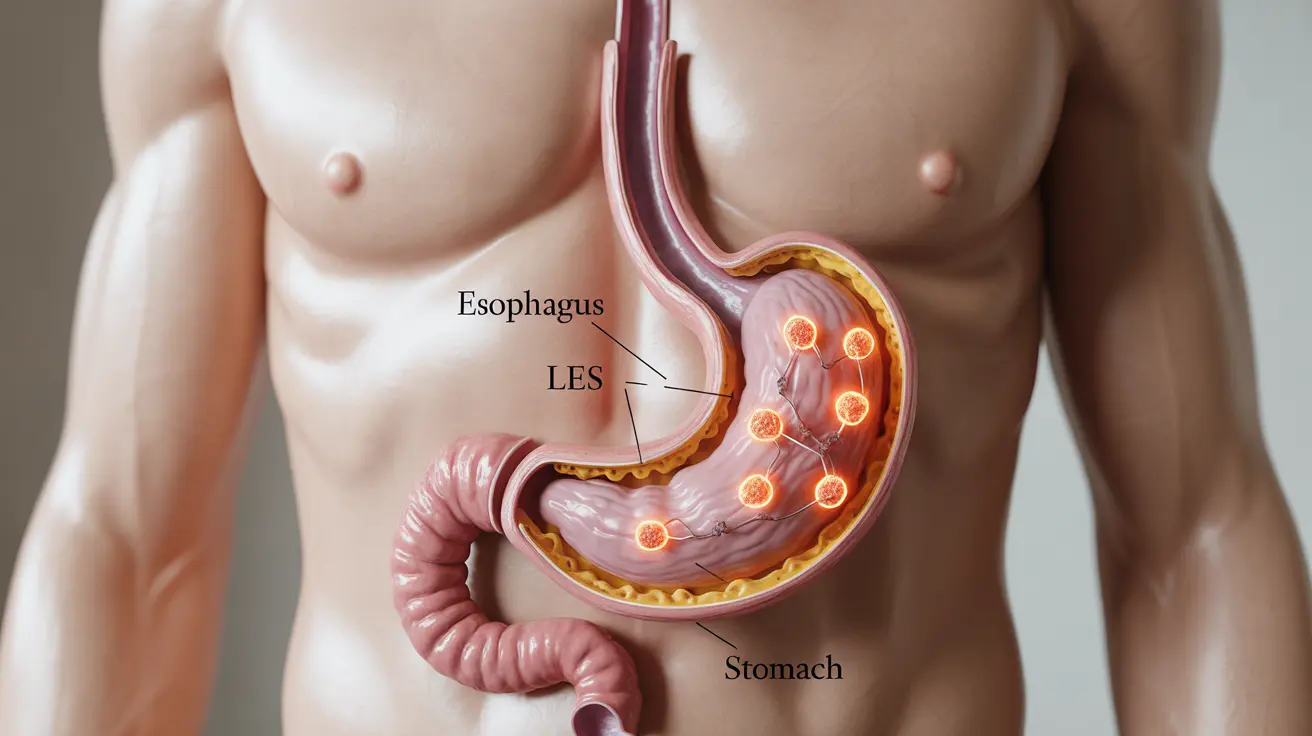If you've ever wondered whether your frequent heartburn might run in the family, you're not alone. The relationship between genetics and heartburn, particularly in its chronic form known as Gastroesophageal Reflux Disease (GERD), has become an important area of medical research. Understanding the genetic factors that influence heartburn can help explain why some families seem more prone to this uncomfortable condition.
Recent scientific studies have revealed that there is indeed a genetic component to heartburn and GERD, though the relationship is complex and involves multiple factors. Let's explore how your genes might influence your risk of developing heartburn and what this means for your health.
The Genetic Basis of Heartburn and GERD
Research has shown that genetic factors can influence both the development and severity of heartburn and GERD. Several genetic variations have been identified that affect how the lower esophageal sphincter functions, how stomach acid is produced, and how the esophagus protects itself from damage.
Studies of twins and families have demonstrated that having a close relative with GERD increases your likelihood of developing the condition. However, it's important to note that genetic predisposition doesn't guarantee you'll develop heartburn or GERD.
Key Genetic Factors Affecting Heartburn Risk
Inherited Anatomical Features
Some people inherit physical characteristics that can increase their susceptibility to heartburn, including:
- Hiatal hernia predisposition
- Differences in esophageal muscle strength
- Variations in stomach acid production
- Lower esophageal sphincter functionality
Genetic Markers
Scientists have identified several specific genetic variations associated with increased GERD risk, including genes that affect:
- Inflammatory responses
- Muscle contraction in the digestive tract
- Acid secretion regulation
- Tissue healing and repair
The Interplay Between Genetics and Lifestyle
While genetic factors play a role in heartburn risk, lifestyle choices and environmental factors often have an even more significant impact. Understanding this interaction can help you manage your risk effectively, even if you have a genetic predisposition.
Modifiable Risk Factors
Key lifestyle factors that interact with genetic predisposition include:
- Dietary choices and eating habits
- Weight management
- Smoking and alcohol consumption
- Stress levels and sleep patterns
Associated Health Conditions and Complications
Understanding the genetic link to heartburn is particularly important because it can help identify individuals at higher risk for related complications. Some genetic factors that increase heartburn risk may also predispose individuals to more serious conditions.
Frequently Asked Questions
Is heartburn or GERD hereditary and how much does genetics influence the risk?
Yes, heartburn and GERD have a hereditary component. Studies suggest that genetic factors account for about 30-40% of GERD risk, while environmental and lifestyle factors contribute to the remaining risk.
What specific genes or genetic markers are linked to increased heartburn or GERD risk?
Several genetic markers have been identified, including variations in genes controlling acid production, muscle function, and inflammatory responses. Key genes include those involved in esophageal muscle development and stomach acid regulation.
Can having a family history of acid reflux mean I am more likely to develop GERD?
Yes, having first-degree relatives with GERD increases your risk of developing the condition. However, lifestyle factors still play a crucial role in whether you actually develop symptoms.
How do genetic factors compare to lifestyle choices in causing heartburn and GERD?
While genetic factors contribute to GERD risk, lifestyle choices often have a more immediate and modifiable impact. Maintaining a healthy weight, avoiding trigger foods, and other lifestyle changes can significantly reduce symptoms even in those with genetic predisposition.
Are genetic risks for GERD connected to other conditions like Barrett's esophagus or esophageal cancer?
Yes, some genetic factors that increase GERD risk are also associated with a higher risk of complications like Barrett's esophagus and esophageal cancer. This connection makes understanding your genetic risk factors particularly important for preventive care and monitoring.




